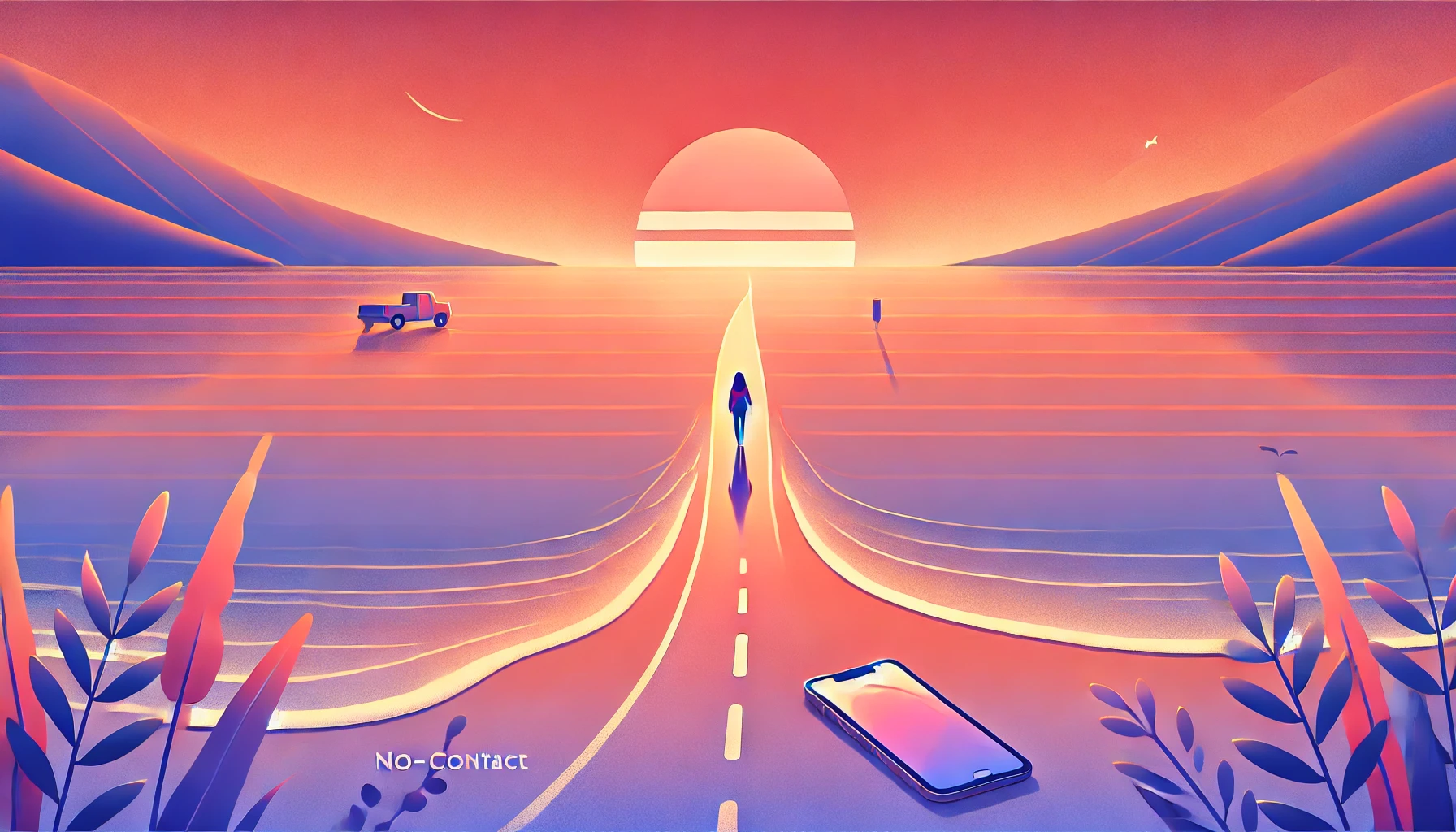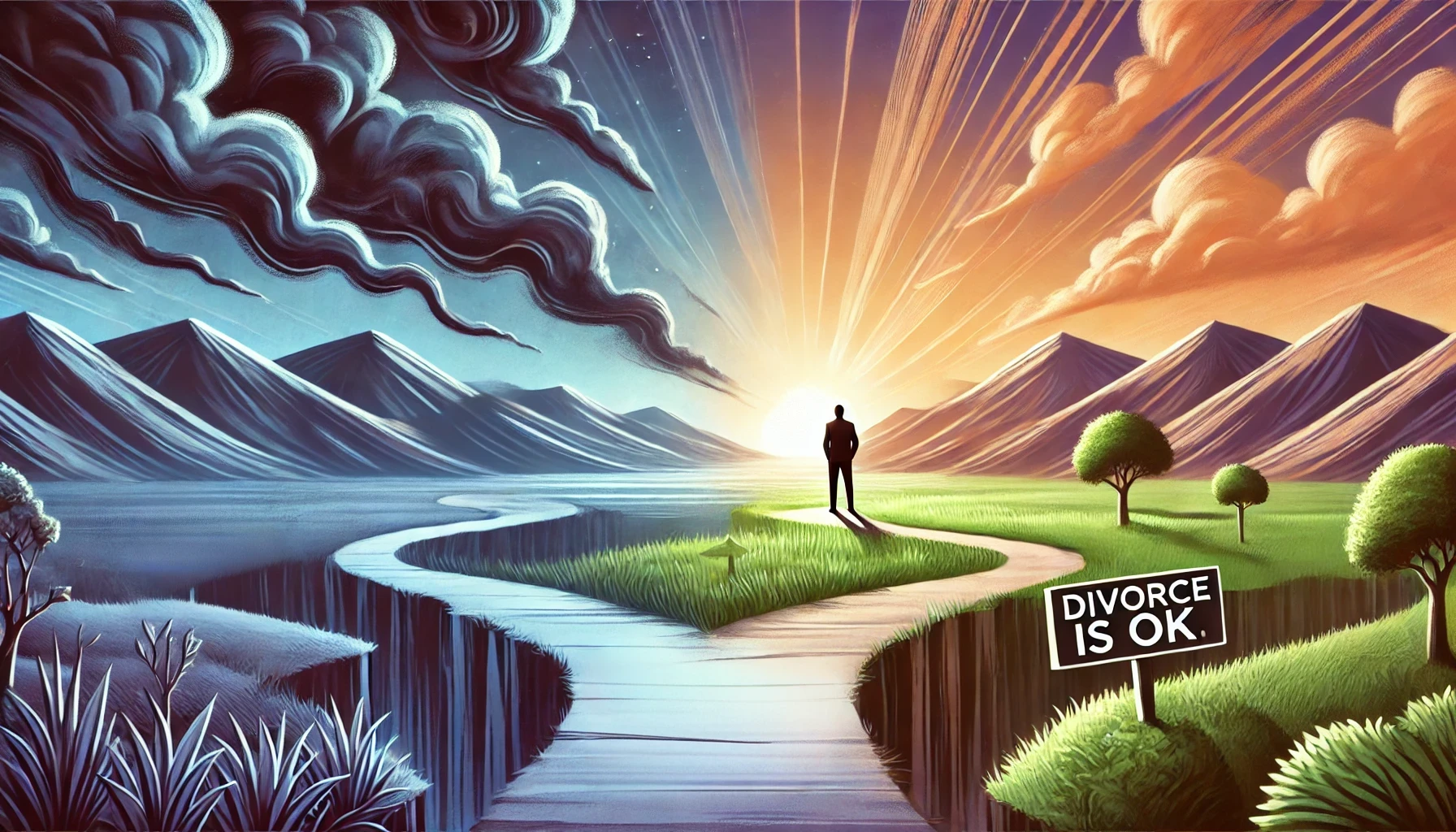According to Neff, self-compassion necessitates assimilating three valuable life lessons in our journey through life, paving the way for new beginnings after divorce. The first is practising self-kindness, embodying a patient and understanding spirit towards ourselves instead of falling into a pit of harsh criticism and judgment.
The second life lesson is the realization of our shared humanity, fostering a sense of connectedness rather than feeling isolated and overwhelmed by our pain. The final important lesson involves mindfulness, the ability to maintain balanced awareness of our experiences and facilitate healing, a crucial step towards new beginnings after divorce.
So, you might ask, “Will I ever be happy after the divorce process?”
In truth, the warmth and comfort of self-compassion are not derived from exceeding ideal goals or achieving exceptional feats. Rather, they are born from the self-love we extend to our imperfect yet beautiful selves. This perspective fosters a sense of connection with others, appreciating commonalities and contributing to personal growth rather than indulging in an endless game of comparison.
Overcoming a lifetime of self-critical tendencies is indeed a learning curve. But remember, at the end of the day, the key to navigating this journey lies in embracing self-improvement by accepting life as it is and opening your heart to yourself. It might not be as hard as you imagine, and it could be a new beginning that brings a host of new opportunities to revolutionize your life.
But you might ponder, “How bad is divorce?”
Dr. Dan Gilbert, a Harvard psychologist, asserts that we can ” synthesize” our happiness. He refers to this as a “psychological immune system,” a mechanism that helps us alter our worldview to feel better about our circumstances.
Whether we achieve our desires or not, we can generate synthetic happiness. As a single mother, a divorced woman, or even a lottery winner, the sources of happiness vary, but the feelings aren’t always disparate. One isn’t superior to the other. Gilbert also emphasizes that our brains often incorrectly predict what can truly make us happy.
Our societal narrative often suggests that attaining things such as a job, a new car, or even an adventurous vacation will make us happy. However, Gilbert argues that we can create happiness merely by imagining it. Hence, obtaining what we want might only sometimes equate to sustained happiness. Sure, a new house or the next relationship might bring temporary joy, but only to a certain extent and for a limited time.
Gilbert explains that your prefrontal brain functions as an experience simulator, allowing you to visualize an experience in your mind before actually encountering it in the real world. The catch is that this simulator could be better. The impact of gaining or losing something is usually less potent and short-lived than you’d anticipate. After three months, the event or thing hardly affects your happiness.
Furthermore, Gilbert dismantles the assumption that changing our minds enhances our happiness. Our “psychological immune system” performs best when we feel stuck, with no way out or alternatives. In such circumstances, our mind begins to appreciate and find contentment in our current situation. Conversely, having too many options can lead to dissatisfaction with the final decision, leading to ongoing conflict.
I, too, have synthesized happiness. Although becoming blind wasn’t my choice or something I desired, the process forced me into a new life. I discovered many positive aspects within this unexpected journey, unlocking fresh possibilities even better than before. It’s not about delusion or self-deception; it’s about the moment you’re in. You uncover things you didn’t know, you didn’t know, you didn’t know until you step into that fresh start following divorce. And when you search for good stuff, you’ll find it, adding sparks of joy to your world.
Final Thoughts
Divorce, often perceived as an end, can also be a fresh start, a learning curve that teaches us valuable life lessons. It’s a journey that many have traversed, from single mothers to divorced women, and it’s a path that can lead to a deeper understanding of self-love and the importance of being our best selves.
The divorce process can be a time of ongoing conflict, but it’s also a time when we can learn to control our narrative and redefine our relationships. It’s a moment to reflect on the past, learn from the pain, and overcome the hurdles that life throws us. It’s a time to realize that we are more than just one partner in a marriage and that our happiness is not tied to a single person or relationship.
Divorce teaches us to step out of our comfort zone, explore new hobbies, and begin a new phase of redefining our world. It reminds us that our children, family, friends, and ex-spouse are part of our story, but they don’t control it. We learn that, while necessary, money doesn’t define our worth and that we deserve love and happiness, regardless of our marital status.
As we navigate the journey of single motherhood or life as a divorced woman, we learn to let go of the small stuff and focus on the good stuff. We learn to forgive not just our ex-spouse but also ourselves. We learn that we are capable of more than we ever imagined and that our failures are just stepping stones to our success.
Ultimately, the most important lessons we learn from divorce are about personal exploration and ourselves, a rebirth post-divorce. We learn to listen to our feelings, manage our finances, and channel our energy into positive pursuits. We realize that we are not defined by our past but by our resilience and ability to embrace a new chapter.
So, as we step into the world as divorced individuals, let’s remember these lessons. Let’s remember that we are not alone but part of a community of so many people who have walked this path before us. Let’s not forget that every moment, every relationship, every pain, and every joy is a part of our journey, and it’s this journey that makes us who we are.
Ultimately, life after divorce is about a fresh start in finding not just love again, but ourselves. It’s about self-exploration and understanding that we are more than our marriages, relationships, or divorces. We are individuals, each with our unique story and the power to write our happy ending.
At the Smart Divorce
The journey of divorce, while challenging, can be a transformative period of self-discovery and personal growth. It’s a time to redefine your narrative, to step out of your comfort zone, and to begin a new chapter with valuable life lessons about self-love and resilience.
Remember, you are not alone in this journey. Many have walked this path before you, and many will follow. Each step you take, each challenge you overcome, and each joy you experience is part of your unique story.
Navigating the complexities of divorce can be daunting, but you don’t have to do it alone. A lawyer and a Certified Divorce Financial Analyst can provide invaluable guidance during this time. They can help you understand your financial situation, make informed decisions, and plan for your future.
If you’re feeling overwhelmed or unsure about what to do next, I encourage you to reach out. Schedule a Get Acquainted Call with me. Let’s discuss your situation, your concerns, and your hopes for the future. Together, we can navigate this journey and help you move forward with confidence and clarity.
Remember, life after divorce is not just about finding love again, but about finding yourself. You are more than your marriage, your relationships, or your divorce, representing a new chapter after ending a marriage. You are an individual with a unique story and the opportunity for a fresh start after separation to write your own happy ending.
So, take that first step. Reach out, and let’s begin this journey together.

